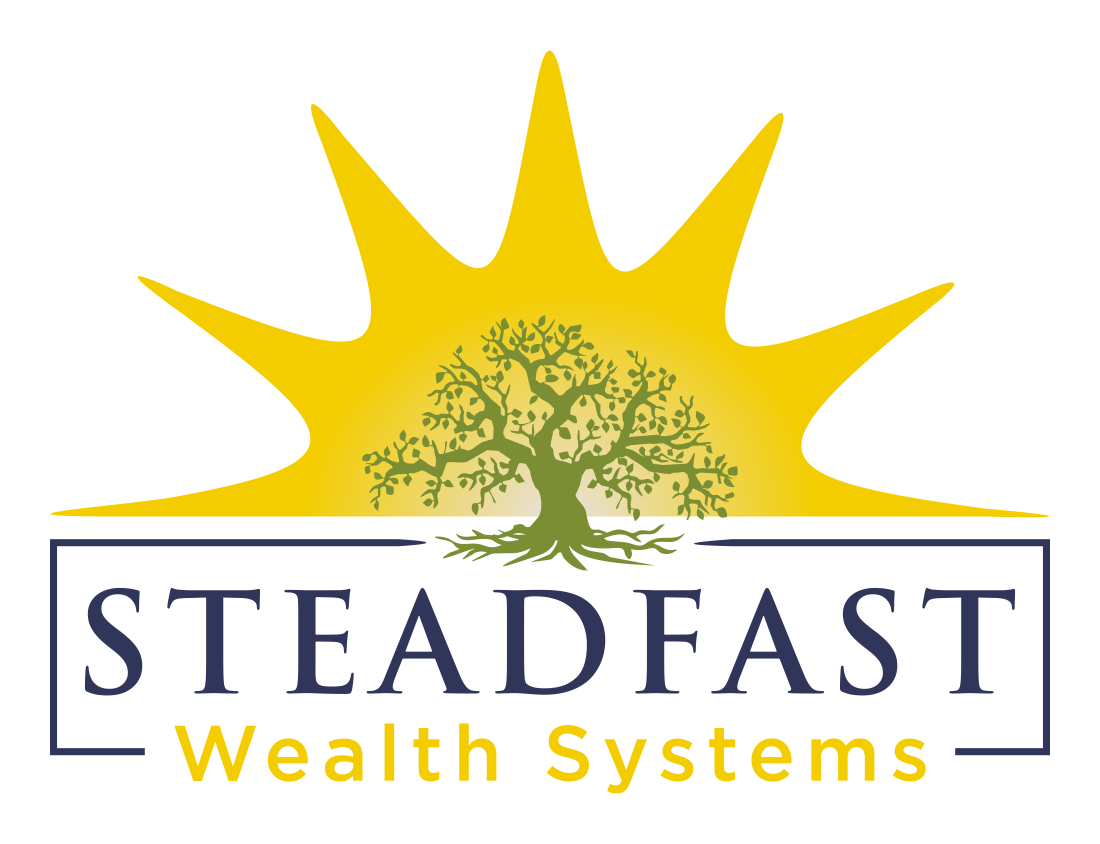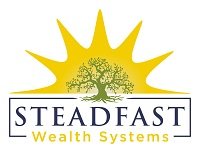
What is your return on life?
“Will I have enough money to retire and stay retired?”
This is probably the main question that people often ask themselves when they start thinking about slowing down or quitting work to retire. And that’s only natural. We expect our money to help us feel safe, especially as we grow older and have worked hard for decades to build our nest egg.
Unfortunately, if you view your savings and investments only as numbers on a page that you’re trying to nudge upwards, then there’s no such thing as “enough.” You could always be saving more. You could always be investing more. You could always be spending less. But does doing so make you feel any happier?
Your financial plan should be a vehicle that takes you where you want to go. If you’re fixated on “having enough money,” then your plan, and the life it provides you, will be stuck in a cul-de-sac. You’ll find yourself trying to justify every minor and major financial decision as you circle around and around wondering if you “have enough.”
That’s not a trip that’s going to make you feel secure. It’s definitely not going to make you feel happy either.
Ask New Questions
Today, people are starting to ask a new question about their financial plan:
Instead of focusing exclusively on their traditional return on investment (ROI), these folks are starting to focus on their Return on Life ™ (ROL).
But how do you know if you are getting a good ROL?
Does this pique your interest? Want to learn more about how you can get the most out of your life with whatever money you have or will have?
Through decades of helping clients work toward retirement success, we have concluded that people need to measure where they are presently against the ideals they are striving for in the context of ROL. This is how the ROL Index was born. This is especially true for anyone approaching or already in retirement.
The ROL Index helps you answer the question: “Am I getting the best life possible with the money I have?” It consists of 20 questions that are grouped into three categories: Well-Being, Progress, and Freedom.
You can think of the ROL Index as a measure of life satisfaction and how well you are using your money to live your best life possible.
Let’s take a look at the three categories and some of the resulting conversation points.
Well-Being
Consists of your return on leisure, health, and relationships. Here are a few questions to consider related to well-being.
What is your Return on Leisure? Are you enjoying your life? Are you able to fund your hobbies and interests? Do you take time to do the things you want to do, see the places you want to see, and spend time with the people you care about? Are there trips you would like to take sooner rather than later?
What is your Return on Health? Are you able to take care of yourself without financial stress? Do you check your health regularly with your doctors? Is your health insurance adequate to your needs? Do you eat well and exercise regularly?
What is your Return on Relationships? Are your relationships with friends and family affected by money matters? Can you afford to take care of the people you want to help? Do you know when to ask for help or to seek professional assistance? Have you educated your children about the importance of money management? Are you and your spouse in sync about household spending?
Progress
Consists of your return on work, residence, achievement, and learning. Here are a few questions to consider related to making progress in life.
What is your Return on Work? Do you feel good about the contributions you make? Are you well-compensated for the work you do? Does your work give you satisfaction? Do you feel energized by your work? Appreciated? If you do volunteer work, does it bring you a sense of satisfaction?
What is your Return on Residence? Do you feel like your home is the right place for you? Are the costs of your residence easily managed?
What is your Return on Achievement? Are you able to fund your needs and pursue your aspirations? Are you happy with your accomplishments? Are there things you would try to do if you had the financial resources?
What is your Return on Learning? Are you effectively using your finances for you or your children/grandchildren’s education? Are you involved in lifelong learning through reading and training with others? Do you enjoy learning new things?
Freedom
Consists of your return on purpose, autonomy, and security. Here are a few questions to consider related to personal and financial freedom.
What is your Return on Giving? Are you free to give your time and talents generously? Are you comfortable with your charitable contributions? Are there causes to which you’d like to devote more of your time, energy, or money?
What is your Return on Autonomy? Are you using your money to free up your time and allow you to do things you want to do? Do you have time to attend to the things that mean the most to you?
What is your Return on Security? Do you feel secure financially? Are you confident about your financial future? Are you comfortable with how your financial resources are invested?
Take the ROL Index assessment
You may know how much money you have in the bank or the size of your portfolio, but do you know your Return on Life?
We invite you to take the assessment and take 5 – 10 minutes to complete the ROL Index and receive your personalized report.
By completing the index, you’ll have a good sense for how satisfied you are with your life and your finances. Please feel free to reach out to us to discuss your results and how we might assist you in pursuing a higher Return on Life.

